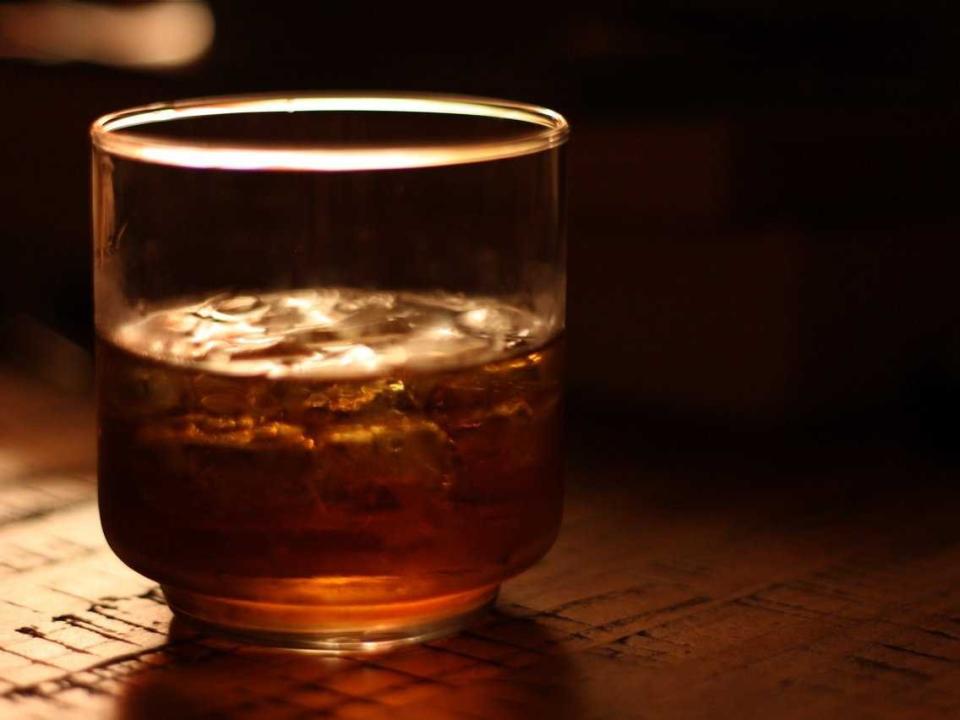Why you should never use alcohol to help you fall asleep, according to science

Flickr/Dominick
That glass of wine right before bed may make you feel drowsy, but don't rely on it for quality sleep.
Scientists have been studying the counterintuitive relationship between the drowsiness that comes from drinking alcohol and actual sleep since at least the 1930s.
"If you drink alcohol before bed, it actually makes you fall asleep faster and sleep deeper, but then your body starts to metabolize that alcohol, and you'll go through withdrawal," Thomas Roth, director of the Henry Ford Sleep Research Center, told Business Insider's Christina Sterbenz. "Your sleep will be terribly disrupted."
Studies that explore how sleep and alcohol mix tend to be small (generally less than 30 participants), and tend to have their participants drink 30 to 60 minutes before sending them off to bed. For example, a small Australian study found that people who drank alcohol before bed tended to have certain patterns in their brain consistent with disrupted sleep. So even if they felt like they were experiencing restorative sleep, their brain activity negated any positive effect.
That disrupted, alcohol-fueled sleep might even affect how alert you are when you wake up: A 1991 study of 20 adults found that those who consumed alcohol before bed — even just a little bit — were less alert and had a harder time multi-tasking the next day than the group that didn't drink.
So if you're trying to have a glass of wine or a beer after a long week at happy hour with friends? Great. But if you're trying to use it as a sleep aid, you might be out of luck.
"Alcohol is great for the purposes of going out and socializing, but it's a bad, bad medicine to use for the purposes of sleep," Patrick Fuller, a neurology professor at Harvard Medical School told Business Insider in February. "If your goal is to get a good sleep, alcohol is absolutely the wrong choice."
NOW WATCH: NASA is bringing back one of its most experimental and dangerous programs
See Also:

 Yahoo Finance
Yahoo Finance 
